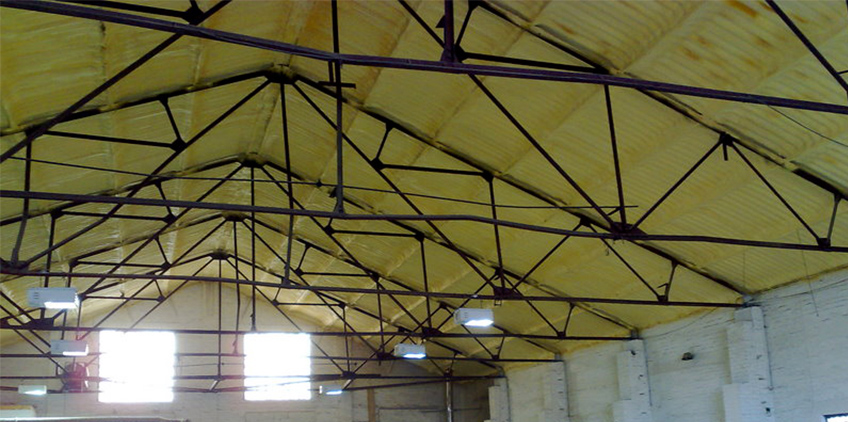HVAC (Heating, Ventilation, and Air Conditioning) systems have become integral to our modern lives, providing comfortable indoor environments year-round. We will explore the evolution of HVAC systems, how they work, and the critical role of cleaning and appliance repair in maintaining efficiency and performance.
The Evolution of HVAC Systems
HVAC systems have a rich history. From the simple use of fire and natural ventilation to intricate systems designed by the Romans, the evolution of HVAC technology has been driven by the need for comfort and climate control. Over time, innovations in heating, cooling, and air circulation led to the development of more advanced and efficient systems that we rely on today.
How HVAC Systems Work
Modern HVAC systems work on heating, ventilation, and air conditioning principles. Various components include a furnace or heat pump, air conditioner, ductwork, thermostat, and air filters. The system regulates temperature, humidity, and air quality, ensuring a comfortable indoor environment. The heating component warms the air, the cooling component cools it, and the ventilation component circulates and filters the air.
The Importance of Appliance Repair for HVAC Systems
Appliance repair plays a crucial role in maintaining the efficiency and longevity of HVAC systems. Regular maintenance and timely repairs help identify and address issues before they escalate, preventing system malfunctions and breakdowns. Certified appliance repair technicians have the expertise to diagnose and repair HVAC system components, including compressors, motors, electrical connections, and refrigerant levels.
Energy Efficiency and Cost Savings
Cleaning and maintaining HVAC systems through appliance repair is essential for maximizing energy efficiency. Dirty or faulty components, such as clogged filters, worn-out motors, or leaky ducts, can significantly impact system performance, leading to higher energy consumption and utility bills. Regular cleaning, tune-ups, and repairs ensure the system operates optimally, resulting in energy savings and cost efficiency.
Improved Indoor Air Quality
HVAC systems play a vital role in maintaining indoor air quality. Over time, dust, allergens, and pollutants accumulate in the system’s components, including filters, coils, and ductwork. Regular cleaning and filter replacements remove these contaminants, preventing their recirculation into the indoor air. Clean air filters and well-maintained components contribute to healthier indoor environments, reducing the risk of respiratory problems and allergies.
Comfort and Climate Control
Clean and well-maintained HVAC systems provide consistent comfort and climate control. They regulate temperature, humidity, and airflow, creating a pleasant indoor environment throughout the year. Regular appliance repair and cleaning ensure the system delivers the desired comfort levels, eliminating temperature fluctuations, noisy operation, and uneven cooling or heating.
The Role of Preventive Maintenance
Implementing a preventive maintenance plan for your HVAC system is essential for its longevity and optimal performance. Regular inspections and tune-ups conducted by appliance repair experts can identify potential issues before they become major problems. They can clean and lubricate components, check refrigerant levels, calibrate thermostats, and ensure proper airflow, resulting in a well-functioning system that operates efficiently and reliably.
Health and Safety Considerations
In addition to providing comfort, a clean HVAC system also promotes health and safety. HVAC units that are poorly maintained can become breeding grounds for mold, bacteria, and other allergens. These contaminants can circulate through the air, leading to respiratory issues, allergies, and other health problems. Conversely, regular cleaning and maintenance and proper ventilation ensure the circulation of clean and fresh air, contributing to a healthy indoor environment.
Environmental Impact
HVAC systems can have a significant environmental impact due to their energy consumption. Keeping your system clean and well-maintained can reduce its energy usage, minimizing your carbon footprint. In addition, regular appliance repair and cleaning help optimize system efficiency, ensuring that it operates at peak performance while consuming less energy. This benefits the environment and saves you money on utility bills.
Smart HVAC Technology
The HVAC industry continues to evolve, incorporating smart technology for enhanced control, energy management, and efficiency. For example, smart thermostats, remote monitoring, and automation features allow homeowners to optimize their HVAC systems’ performance and energy usage. Appliance repair professionals can help integrate these smart technologies into existing systems, providing a more convenient and energy-efficient home environment.
Maintaining a clean and well-functioning HVAC system is vital for optimal comfort, energy efficiency, and indoor air quality. Regular appliance repair, cleaning, and preventive maintenance ensure that your HVAC system operates efficiently, extends its lifespan, and provides healthy and comfortable living space for you and your family.
By partnering with professional appliance repair services, you can benefit from their expertise, ensuring that your HVAC system remains in top condition, meeting your comfort needs while reducing energy consumption and environmental impact. Take the necessary steps today to prioritize cleaning and maintaining your HVAC system. Enjoy the benefits of a well-maintained and efficient home climate control system.

